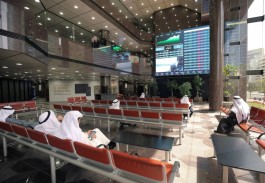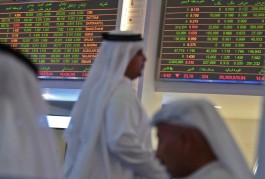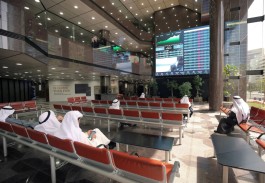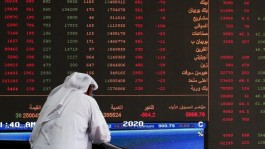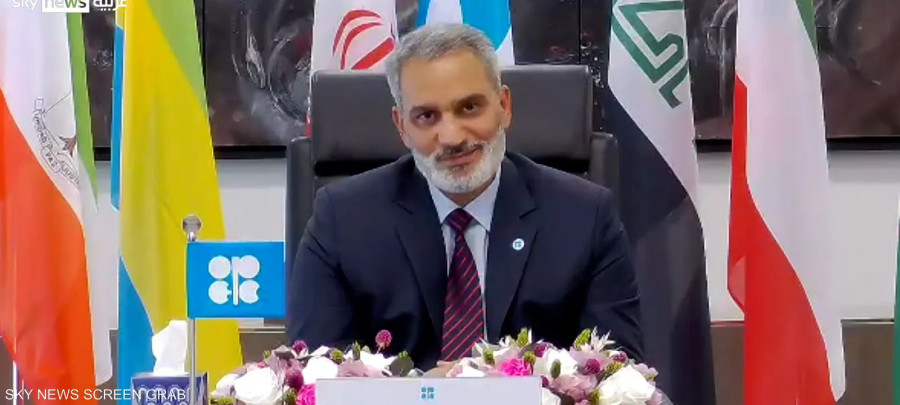Haitham Al-Ghais, Secretary-General of the Organization of the Petroleum Exporting Countries (OPEC), said yesterday, Tuesday, that Saudi Arabia’s decision to postpone plans to increase its production capacity should not be interpreted as an assessment that demand for crude is declining.
Al-Ghais said in statements to Reuters in Dubai on the sidelines of the World Government Summit: First, I want to be clear that I cannot comment on a Saudi decision, but this cannot in any way be misinterpreted as a view that demand is declining.
On January 30, the Saudi government directed the state oil company Aramco to target a maximum sustainable production capacity of 12 million barrels per day, which is one million barrels per day less than the goal announced in 2020, which was supposed to be reached in 2027.
Sources told Reuters that the Kingdom's sudden retreat from its plan to expand oil production had been in preparation for at least six months, and based on an assessment that found that there was no material benefit from much of the Kingdom's surplus capacity.
Saudi Arabia is the world's largest oil exporter.
OPEC raised its forecasts for global oil demand in the medium and long term in its annual forecasts published in October.
The organization expected that global demand for oil would reach 116 million barrels per day by 2045, about six million barrels per day higher than the previous year’s report, with growth led by China, India, other Asian countries, Africa and the Middle East.
Al-Ghais said: We confirm what was published in our latest forecasts and we firmly believe that they are strong forecasts.
OPEC is scheduled to release the 2024 version of the forecast later this year, and Al Ghais said we will have to wait until September or October when it is due to be released to see if the forecast changes.
But we currently believe that our estimates are correct and very strong, he said.
He continued, “Many countries in the world are retreating, slowing down, and rethinking their goals to achieve zero emissions, and this will create more demand for oil in the long term.”
Exit Angola
Al-Ghais also said he was not concerned about Angola's withdrawal from the organization announced in December.
He added: It is not the first time that a member of the organization has left for his own considerations... We had members leave and others joined, and we also witnessed some members leaving and then joining again, so I am not very worried about that.
Angola said on December 21 that it would withdraw from OPEC, a decision that sent oil prices plummeting at the time and which some analysts said raised questions about the unity of OPEC and the broader OPEC+ alliance.
Al-Ghais said Angola is welcome to join again if it wishes to do so in the future.
Al-Ghais pointed out that the nature of the production cuts implemented by OPEC+, which includes OPEC member states and its allies, including Russia, and that they are voluntary reflect the flexibility of the organization.
“At the moment, this may be the most appropriate method,” he added.
Complementing the voluntary reduction is a sovereign decision by a country to adjust its production. It shows the flexibility inherent in our approach and that we have a number of ways and means to stabilize the market.









